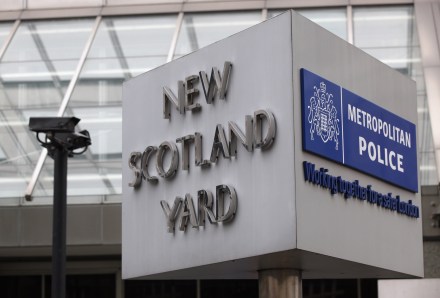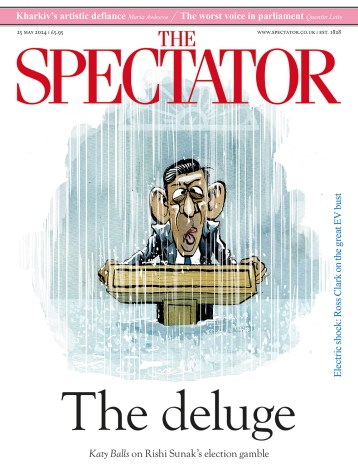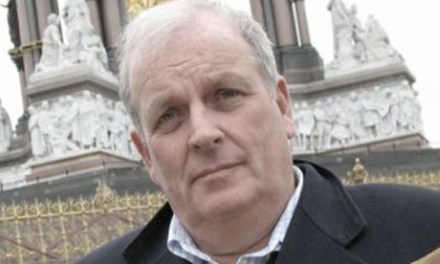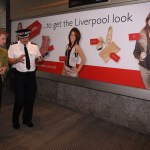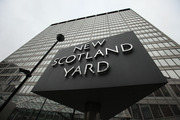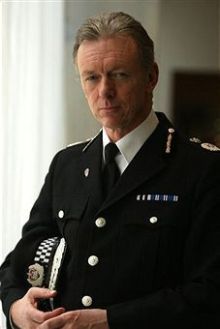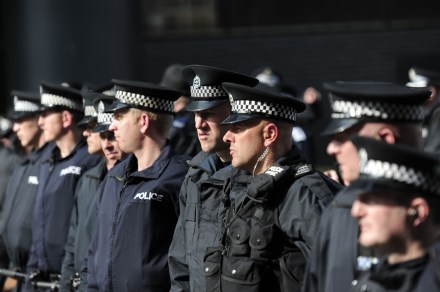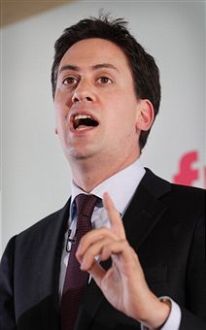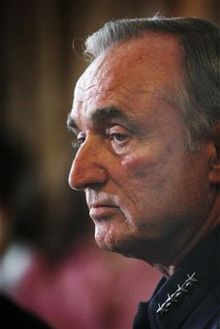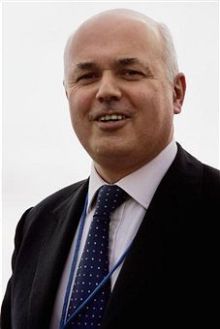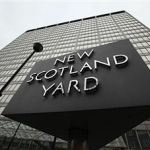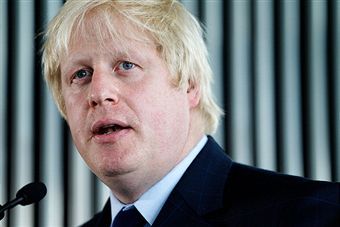Were the police hacking phones too?
“As an American who spent many years in this underground industry, I can tell you that the British phone hacking scandal has exposed only a tiny part of a vast criminal network.” So Frank Ahearn wrote in The Spectator a few weeks ago: he spent his life as a “skip-tracer” (as they’re called in America), dealing in the black market for information. There are many clients, he says, and journalists are just one part of it. The people he worked for included husbands investigating wives, insurance companies trying to expose dodgy claims and – yes – even the police, using “skip-tracers” to solve cases. Finally, this aspect of the British
